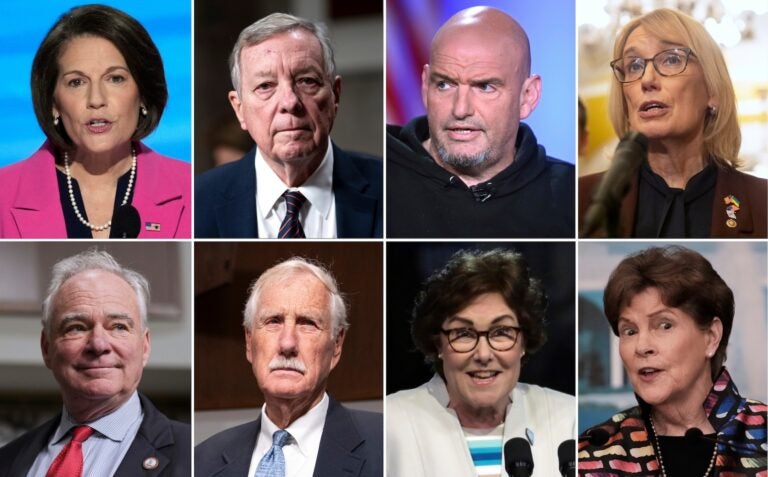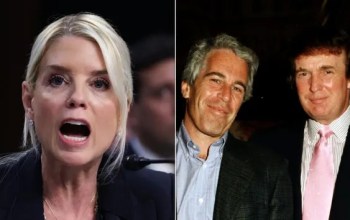
In a candid interview on Capitol Hill, a House Democrat explained his decision to vote in favor of ending the recent federal government shutdown, emphasizing the need to restore stability for millions of Americans affected by the impasse. The lawmaker stressed that while disagreements over budget priorities remain, the immediate economic and social costs of a prolonged shutdown demanded swift action.
The government shutdown, which lasted several days, disrupted federal services, delayed payments for government employees, and created uncertainty for programs that millions of Americans rely on. “We had to weigh our principles against the real-world consequences for constituents,” the Democrat said. “At the end of the day, families, federal workers, and small businesses cannot afford the continued uncertainty of a shutdown.”
Key factors influencing his vote included economic stability, public services, and national security. The lawmaker highlighted that agencies critical to public health, safety, and infrastructure were operating under constrained budgets, increasing the risk of service gaps. Delaying funding could have affected everything from airport security and border inspections to veterans’ health programs and social services.
Politically, the vote also reflected the need to demonstrate governance and compromise. The Democrat noted that while Congress often faces disagreements over spending and policy priorities, the public expects elected officials to ensure that essential services continue uninterrupted. Voting to end the shutdown, he explained, was a responsible measure to meet that expectation.
The lawmaker further emphasized the human impact of the shutdown. Federal employees and contractors faced missed paychecks, delayed benefits, and heightened anxiety. Citizens relying on government services experienced delays in permits, applications, and social support programs. “It’s not just numbers or budget lines—it’s real people whose lives are disrupted,” he said.
While acknowledging that his decision may draw criticism from some within his party, the Democrat framed the vote as a pragmatic compromise rather than a political concession. He encouraged continued negotiations on longer-term budget priorities, stressing that ending the shutdown was a first step toward stability, not the conclusion of fiscal debates.
Observers note that votes to end shutdowns are often framed as a balance between political principle and practical governance. By openly explaining his rationale, the lawmaker sought to convey transparency and accountability to his constituents, signaling a willingness to act responsibly even in politically charged situations.
In conclusion, the House Democrat’s explanation sheds light on the complex considerations behind ending a government shutdown: the economic stakes, human consequences, and the broader need for bipartisan cooperation. As Congress moves forward, discussions on spending, policy priorities, and fiscal responsibility will continue, but the immediate focus has returned to ensuring government operations run smoothly for all Americans.
Watch video below :












